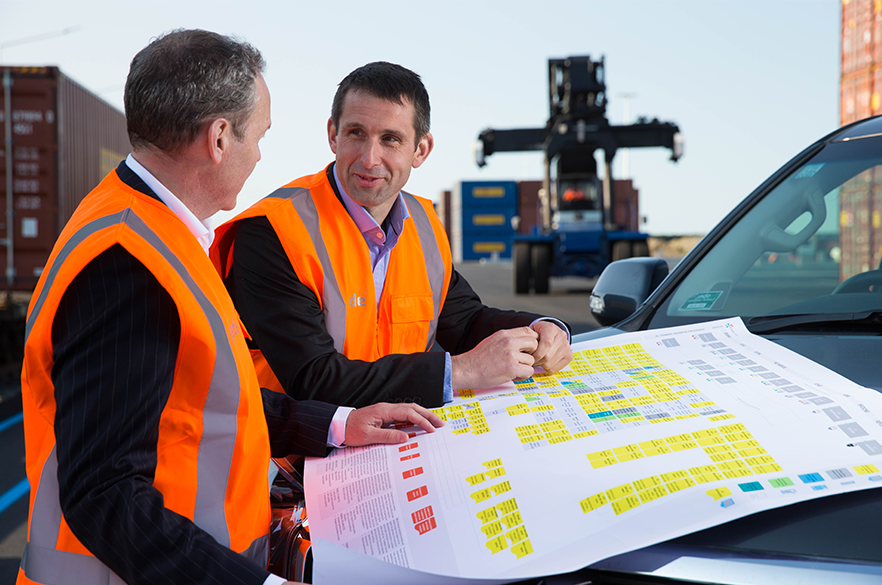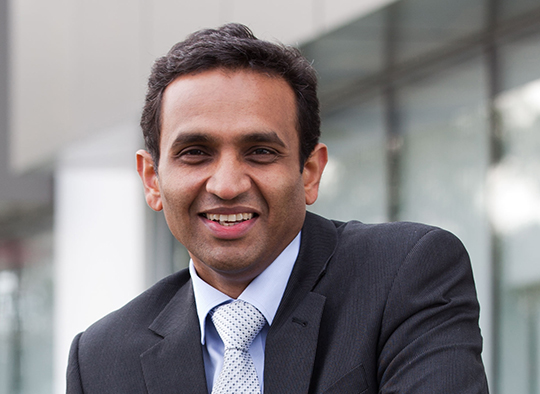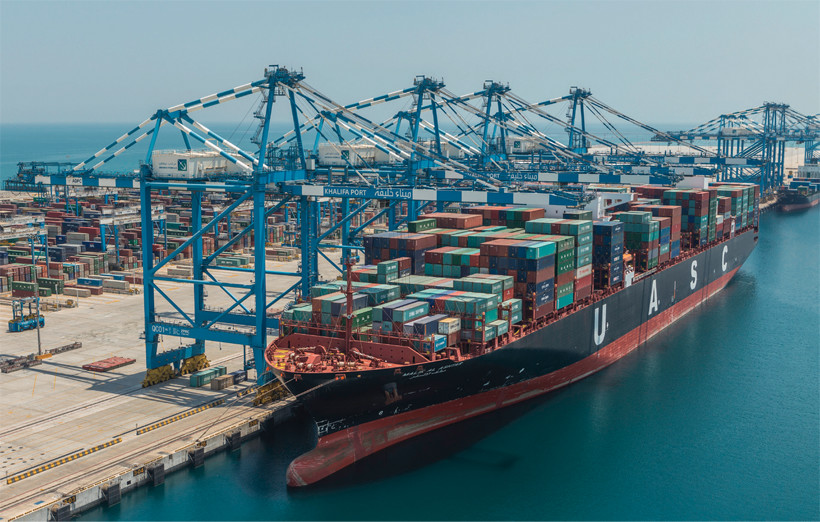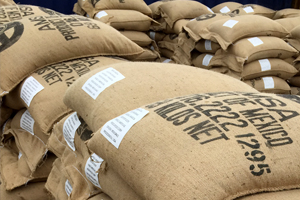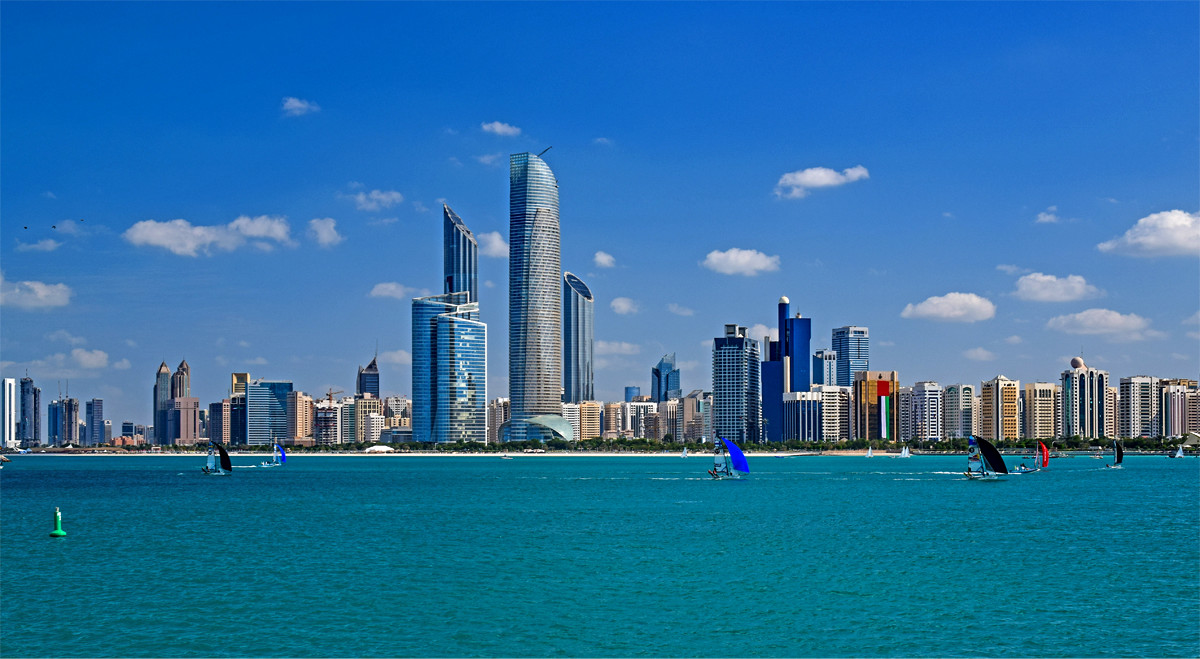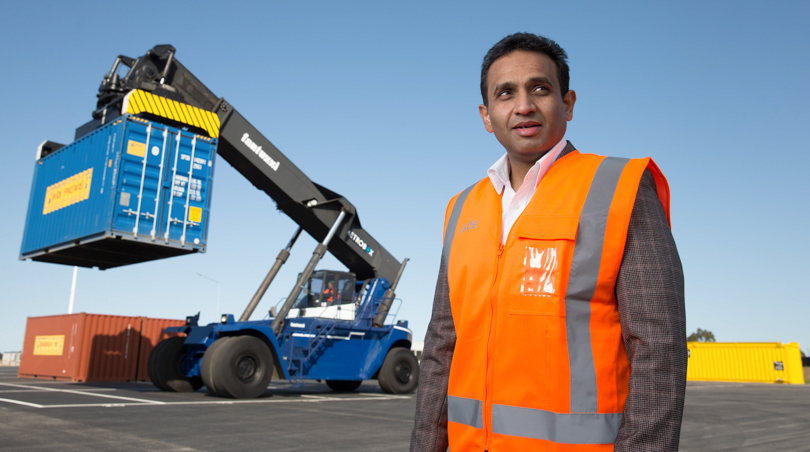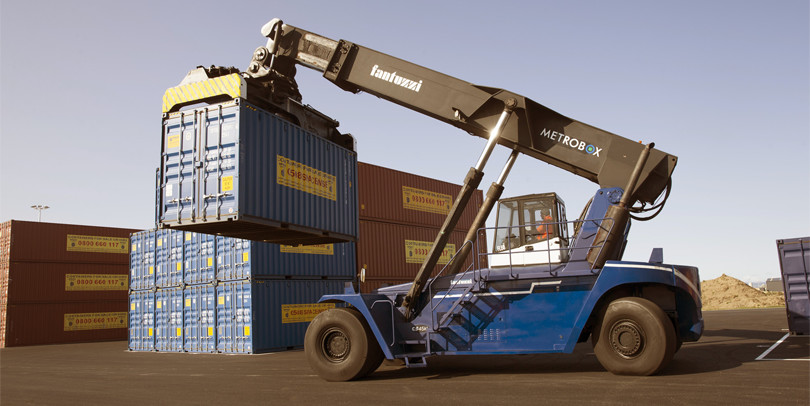From August to October, America’s three biggest ports’ (Los Angeles, Long Beach, and New York harbor) imports fell by 10% during what is usually their peak shipping month. Global merchandise trade value also decreased by 13% in the first half of this year.
In past years as retailers flog their wares to hordes of holiday shoppers in December, ports have been equally as busy working to replenish merchandise. But ports are relatively quiet this year.
Although most economists are confident these statistics don’t translate as the demise of the global economy, they do tend to create nervousness within the port industry. Every terminal operator is aware that less demand results in increased competitiveness among ports and logistics companies.
However, during this sort of circumstance pressure can often lead to progress. The need to increase efficiency and decrease resource wastage has the potential to result in smart, innovative new ways of increasing competitiveness.
According to the DP World November 2015 report, investing in ICT innovation is one of the key principles ports should be following to increase competitiveness and level the playing field.
Ports may have the opportunity to invest in new ICT systems to help automate and increase operation systems’ efficiency. However, during uncertain economic times it is imperative to know for certain that any ICT investments will bring about a profitable return.
As part of an overall terminal transformation process, implementing a new terminal operating system (TOS) plays a core role in the upgrade. In order to successfully initiate a TOS, planning and processes are key.
There is little use investing in this kind of technology if the project causes more problems than it solves. In a busy, non-stop port, you can’t afford to implement a new TOS unless it goes smoothly.
Having implemented the Master Terminal TOS at ports all over the world facing all kinds of challenges, at Jade we’ve learnt a lot about what it takes to get this process right. It’s as much about people as it is about technology, and getting some of the small things right can make a huge difference to your implementation success.
To learn more about TOS implementation strategies, download our white paper Smoothing Your TOS Implementation.

[1] http://www.wsj.com/articles/quiet-u-s-ports-spark-slowdown-fears-1447583406
[2] A turning point: The potential role of ICT innovations in ports and logistics. A report for DP World
Prepared by The Economist Intelligence Unit. November 2015
